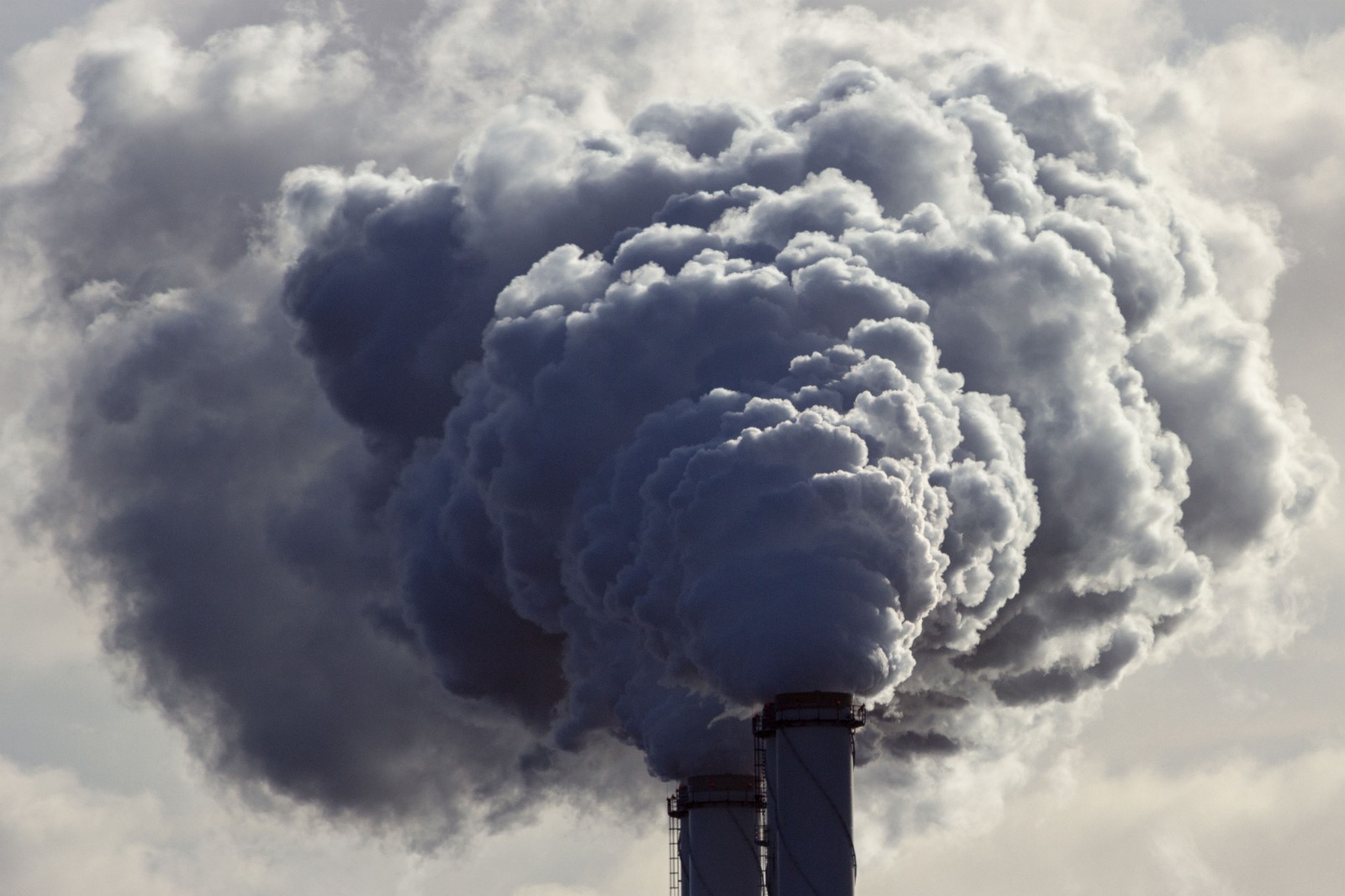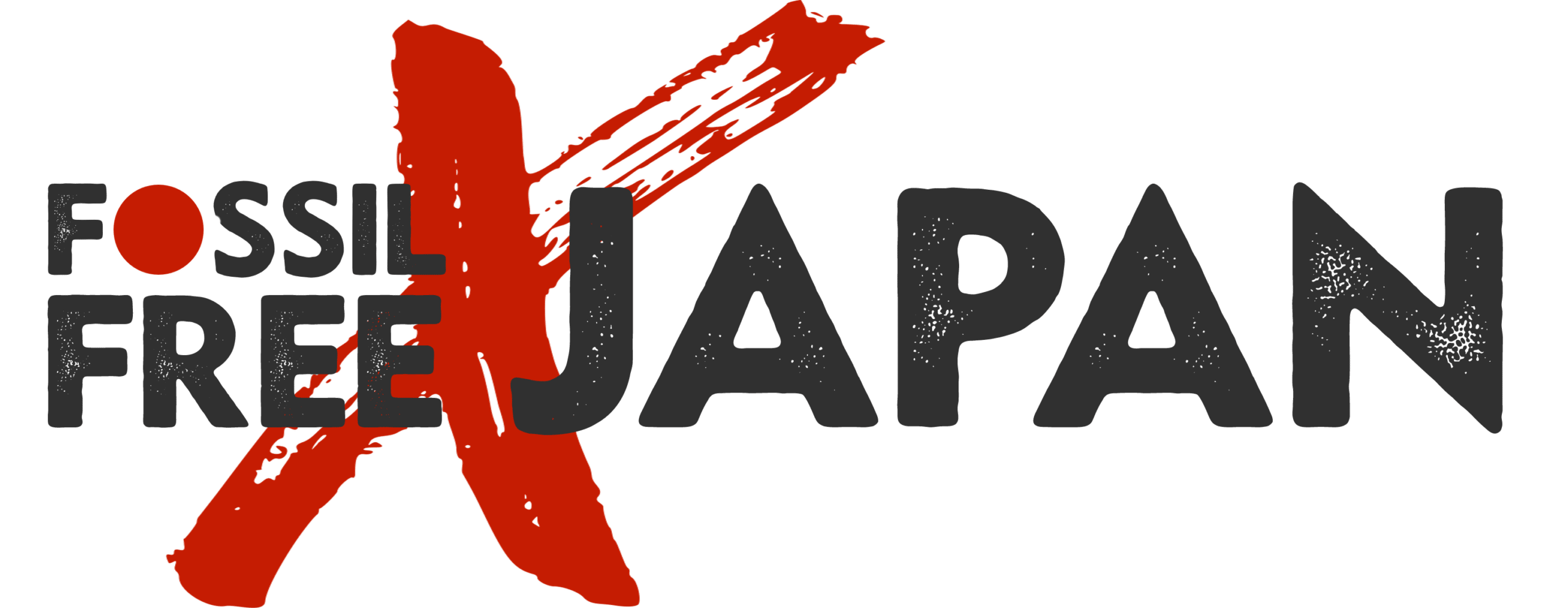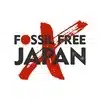
June 11, 2020 – 44 organizations from 18 countries have sent a letter to Japan’s Prime Minister Shinzo Abe, Foreign Minister Motegi, and President Kitaoka of the Japan International Cooperation Agency (JICA). In this letter they demand Japan not to support and finance the Matarbari coal-fired power plant phase 2 project in Bangladesh.
**
Re: Demand letter to the PM Abe: Do not support and finance the Matarbari coal-fired power plant phase 2 project in Bangladesh
Dear Mr. Abe,
We, 44 organizations from 18 countries draw your attention to our deep concern with the JICA-financed Matarbari coal-fired power plant (CPGCBL-Sumitomo). JICA has already provided approximately US$ 1.48 billion, and anticipates providing an additional, estimated US$ 1.32 billion(*1). A second phase with additional 1,200 MW capacity is proposed to be built with funding from JICA. We write to raise urgent human rights and environmental concerns regarding those coal-fired plants in Matarbari, Cox’s Bazar. These power projects would also damage the health and livelihoods of local communities and our climate.
We demand Japan International Cooperation Agency (JICA) not to support and finance the project on the following reasons:
Reason 1: Bangladesh is already burdened with power overcapacity, and additional capacity will increase the financial loss. The country already needs around USD 8.0 billion for the post COVID-19 economy, and the cyclone Amphan recovery.
Like the rest of the world, Bangladesh’s economy is hit hard by the COVID-19 pandemic. The country needs around USD 8.0 billion, and has already sought US$ 4.50 billion loans from foreign donors, among which US$ 1.00 billion from JICA, to cover the budget deficit for the next fiscal year 2020-21. In the meantime, super cyclone Amphan ravaged the nation’s coastline last month and caused damage worth US$ 129.00 million. Simply put, Bangladesh cannot afford another coal-fired power project which is likely to be stranded asset and need a huge amount of government subsidy. Bangladesh already has major power overcapacity with only 43% capacity utilization of existing power plants in 2018-19 fiscal year, while the capacity payments to idle plants reached US$ 1.10 billion. Moreover, COVID-19 pandemic has caused a drastic reduction of electricity demand, which could raise questions around the need for more plants. Any additional coal or LNG-fired power capacity would add significant financial stress to the country. Hence, those projects are highly contradictory with JICA’s emphasis on sustainable development in Bangladesh.
Reason 2: JICA should investigate complaints in land acquisition and compensation process in Matarbari project
The first two turbines of the Matarbari plant (phase 1) are built on land for shrimp farming, crop and salt production, which has limited the livelihoods of Matarbari residents. Those displaced by the project were not given prior notice as required by the Land Acquisition Act 1982, have not been met with fair compensation, livelihood restoration and resettlement. Some had to pay 30 percent as bribe to get the compensation. Only a fraction of the 1,057 people previously employed by the salt and shrimp farm have found alternative employment. In 2019, five years after the first land acquisition, many landowners claimed not to have received compensation or claimed to have received inadequate compensation (*2). Moreover, those government officials who were allegedly involved with corruption during land acquisition from 2012 to 2015, are not yet investigated or punished. Although civil society organizations such as ActionAid International, Bangladesh Working Group on External Debt (BWGED), Transparency International Bangladesh (TIB) have claimed the land acquiring process in Matarbari was flawed, the government never initiated an investigation to dig deep into the allegations.
As the financier of the Matarbari project, we urge JICA to investigate ongoing issues of compensation and loss of livelihoods related to this project to ensure affected communities do not continue to suffer hardship. Delay in paying compensation and providing alternative housing and livelihood does not comply with JICA’s Environmental and Social Considerations Guidelines, which says “Prior compensation, at full replacement cost, must be provided as much as possible. Host countries must make efforts to enable people affected by projects and to improve their standard of living, income opportunities, and production levels, or at least to restore these to pre-project levels.”
Reason 3: JICA cannot deny responsibility for worker’s right violation as labourers were forced to continue work during COVID-19 lockdown risking their health.
While the whole world is battling the COVID-19 emergency and taking strict measures for public health, the 3,000 workers at Matarbari construction site had to work regardless of nationwide shutdown. In April 2020, the laborers went on strike demanding their entitlement of the right to safe health. Matarbari plant’s co-sponsor CPGCBL denied any complaints by the labourers and stated that the work will continue.
As a co-sponsor, JICA cannot deny the responsibility of worker’s rights violations in the Matarbari construction site. As a nation, Japan has always been a frontrunner of upholding universal declaration human rights (UDHR), and JICA’s recognition of human rights standards, such as the UDHR and Official Development Assistance (ODA) considerations for human health and safety, enshrined in JICA’s Guidelines, warrants that JICA address the demands of the workers and their right to safe health.
Reason 4: Pollution from Matarbari plant would cause significant health damage and premature deaths in Bangladesh.
Pollution from Matarbari power plant (Phase-1) is estimated to cause up to 14,000 premature deaths during its operational years. Bangladesh’s air quality has already been ranked among the worst in the world and it is estimated that pollution from fossil fuel causes 96,000 premature deaths in the country every year. JICA finance to Matarbari coal plants would be linked to deaths in Bangladesh and contradicts its stated aims of achieving the Sustainable Development Goals (SDGs).
Reason 5: Building new coal-fired power plants is neither consistent with the goal of Paris Agreement, nor is Japan’s Long-term Strategy under the Paris Agreement.
In the Long-term Strategy under the Paris Agreement (approved by the Cabinet in June 2019), the Government of Japan states that “the Government will promote the development and investment of energy infrastructure abroad in order to contribute to the global reduction of Carbon dioxide emissions consistent with the long-term goals stipulated in the Paris Agreement.” To achieve the Paris goals, it is necessary even for developing countries like Bangladesh to completely stop the operation of coal-fired power plants by 2040 – it is obviously not consistent with the Paris goals to build new coal-fired power plants even if they are implemented with ultra-super critical technology. Moreover, JICA’s involvement in the Matarbari coal-fired plants is contradictory with its’ Climate Change Cooperation Strategy, according to which, “JICA will strongly support the transformation to a low-carbon and climate-resilient society and economy in developing countries” with the aim of “attaining the objectives and goals of the Paris Agreement.”
For the above reasons, JICA should not support Matarbari coal-fired power phase-2 project.
Sincerely Signed by:
- 350.org, Japan
- Aksi! for gender, social and ecological justice, Indonesia
- Asian Peoples Movement on Debt and Development (APMDD), Philippines
- Association of Advancing Life And Regenerating Motherland (ALARM), Myanmar
- Buliisa Initiative for Rural Development Organisation (BIRUDO), Uganda
- Center for Environment and Participatory Research (CEPR), Bangladesh
- Center for Environmental Justice, Sri Lanka
- Change Initiative, Bangladesh
- CLEAN (Coastal Livelihood and Environmental Action Network), Bangladesh
- Collective for Economic Justice (CEJ), India
- Committee for the Abolition of Illegitimate Debt (CADTM), South Asia
- Development Synergy Institute (DSI), Bangladesh
- Environics Trust, India
- Equitable Cambodia
- Fresh Eyes, United Kingdom
- Friends of the Earth, Japan
- Friends of the Earth, United States
- Gender Action, United States
- Greenpeace, Japan
- Green South Foundation, Thailand
- Growthwatch, India
- INSAF (Indian Social Action Forum), India
- International Association of People’s Lawyers, Turkey
- Japan Center for a Sustainable Environment and Society (JACSES), Japan
- Kiko Network, Japan
- KRuHA, Indonesia
- Life and Nature Safeguard Platform, Bangladesh
- Mighty Earth, United States
- NGO Forum on ADB, Philippines
- Oil Change International, United States
- Oyu Tolgoi Watch (OtWatch), Mongolia
- Pakistan Fisherfolk Forum (PFF), Pakistan
- People of Asia for Climate Solutions, Philippines
- Progressive Plantation Workers Union (PPWU), India
- Recourse, Netherlands
- Rivers without Boundaries International Coalition
- Rivers without Boundaries Coalition, Mongolia
- SNI (Indonesia Fisherfolk Union), Indonesia
- The Sunrise Project, Australia
- Thepha Anti-Coal Network, Thailand
- WALHI, Indonesia
- Witness Radio, Uganda
- Woman Health, Philippines
- Youth for Environment Education and Development (YFEED) Foundation, Nepal
Source of Information
*1 IJGlobal, ‘Asset Data and Transaction Data’ (accessed 29 May 2020)
*2 ActionAid International, ‘The people of Matarbari Island make themselves be counted’ (18 April 2019)
**
Contact
Bangladesh Working Group on External Debt (BWGED)
Email: bwged.bd@gmail.com, Web: https://bwged.blogspot.com

